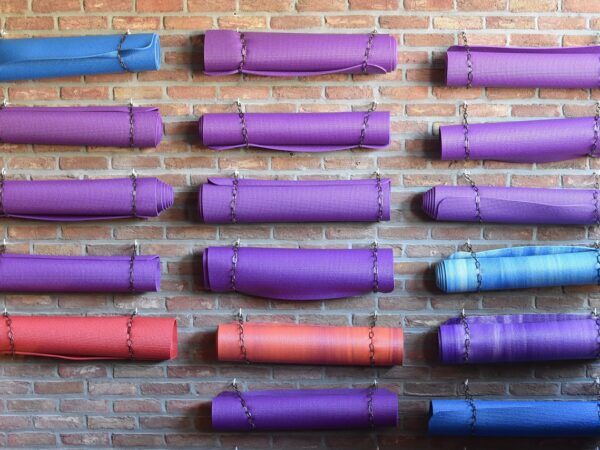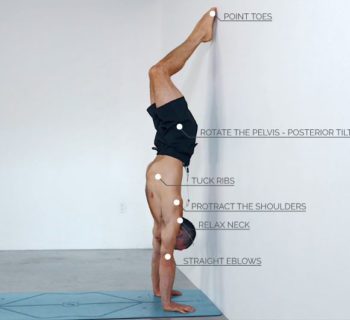Your recovery is centered around making positive decisions for yourself and that involves more than simply not abusing drugs or alcohol. Wellness isn’t a state you achieve when you’ve finished detoxing – it’s a continual process to make better decisions for yourself that will contribute to improved health, both mentally and physically.
When you’re on the road to recovery from addiction, you’re making choices that are for the betterment of your mental and physical health. As a result, wellness plays a crucial role in the recovery process – you need to prioritize your health and mental state in order to stay on the right path and maintain your abstinence from drugs or alcohol. These wellness practices are easy to incorporate into your recovery journey to keep your mind and body healthy.
Focus on nutrition
During your period of substance abuse, your basic nutritional needs were likely ignored. Over time, this can have a hugely detrimental effect on the body. The concept of eating balanced, nutrient-dense meals routinely is often forgotten about by people in recovery, simply because it’s been lacking in their lives for so long.
The side effects of poor nutrition are poor sleep habits and fatigue, dental issues, skin problems and an increased chance of developing infections or picking up illnesses. But building habits that will restore your body to full strength and develop your immunity again are important.
Your body needs the essential vitamins and minerals that have been depleted through addiction, along with ample protein, healthy fats and hydration. The earlier in your recovery you can establish these habits, the more resilient your body will become to enhance your recovery and improve your energy. Prepping your meals in advance once a week can help you make healthier choices without the stress of trying to figure out what to eat every day.
Take part in exercise classes
Not only is exercising the perfect stress-reliever and endorphin-booster, but it also gives you the chance to foster new connections – positive relationships are as much a part of your wellness journey as the food you eat and the exercise you do. Yoga, in particular, is an exercise that encapsulates both the mind, body and spirit, and it’s a great addition to any recovery journey.
Olivia Marcellino at LuxuryRehabs.com confirms that “although yoga can be done alone, classes provide another opportunity to build community. Yoga classes are good places to start building connections and participating in classes can help you have space to decompress, focus on wholeness, wellbeing and build friendships with others who share common interests”.
The mindset shift you can get from regular yoga sessions is wonderful for those seeking to better their lifestyle. It’s a holistic practice that will help you discover mental and physical strength, which in turn will benefit your path to recovery.
Practice mindfulness
Emotional wellness means being able to tackle your emotions, whatever is thrown your way, whether you’re feeling happy, sad, angry and so on. The ability to process your emotions in a healthy way will be essential to your sobriety, as in some cases, it can be an inability to deal with strong emotions that leads to relapses.
Mindfulness is a great technique to learn, as it can be beneficial in helping you manage stress, build resilience and focus your attention when you’re facing temptation or difficulties in life. Through mindfulness, you can calm the mind, regardless of what thoughts you’re having. Wherever you are, you can close your eyes, focus on your breathing and bring your attention back to the present.
For example, you might be having negative thoughts related to your self-esteem, or maybe you’re feeling tempted to use drugs or alcohol again. With mindfulness, you can slow your mind, create space between the thought and your response, and act in a better way. Your recovery is a process that you take one step at a time, and mindfulness can help you with that.
Consider your sleep hygiene
Rest is a key element of successful recovery, especially since sleep habits can be disrupted in early recovery due to withdrawal symptoms. When we don’t get sufficient sleep, we’re more likely to feel lethargic, fatigued and irritable. It can even affect our mood. These feelings can be detrimental to your recovery, hindering not only your mental wellness but also your ability to exercise and take part in other activities which will benefit your sobriety.
Establishing a healthy sleep pattern is essential to overall wellness. You need proper rest for your body to fully recuperate and be restored, so you can tackle each day at your best. Sleep hygiene is the process of creating positive habits and routines around your sleep – this can be as simple as setting a time to go to bed and wake up, to get your body into the pattern of resting. Make sure you’re getting the recommended number of hours of sleep each night, and that your room is comfortable and quiet to support thorough rest.
Final thoughts
Your recovery is centered around making positive decisions for yourself and that involves more than simply not abusing drugs or alcohol. Wellness isn’t a state you achieve when you’ve finished detoxing – it’s a continual process to make better decisions for yourself that will contribute to improved health, both mentally and physically.
By Sophie Bishop

Sophie Bishop is a medical journalist. Sophie aims to spread awareness through her writing around issues to do with healthcare, wellbeing and sustainability and is looking to connect with an engaged audience.
Find Sophie on her social media accounts:
Twitter: @SophBishJourno
LinkedIn: /sophie-bishop/
Image by RENE RAUSCHENBERGER from Pixabay










